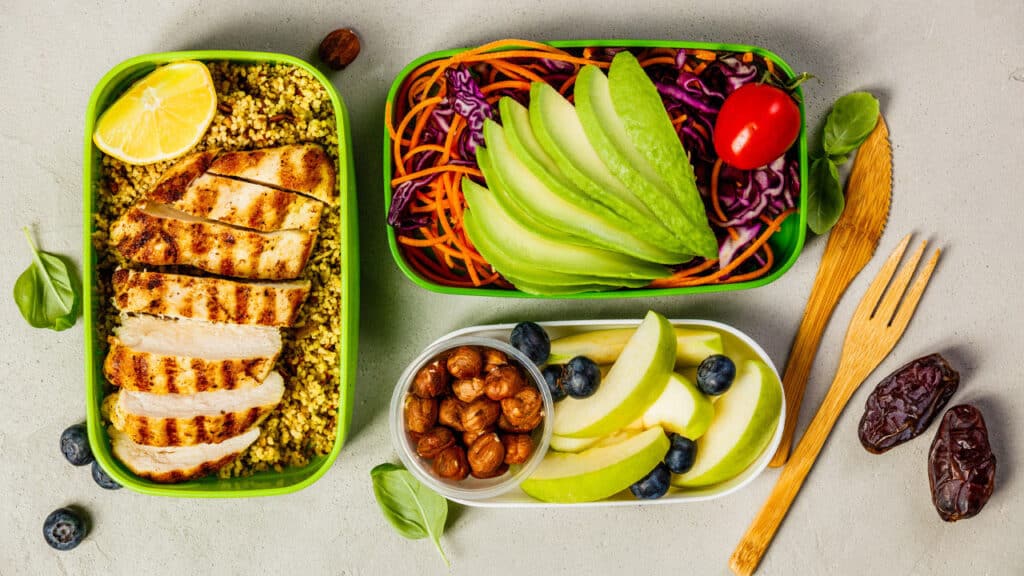Breakfast. Lunch. Dinner. Maybe a snack at midmorning, and another at mid-afternoon. That’s the traditional structure of our daily meals. Or is it? Our current routine is very much the creation of a particular place and time, which raises the question: what is the best way to schedule when you eat?
It’s a good question without a simple answer. Experts disagree, which doesn’t leave much hope for the rest of us. It’s not helped by the fact that we don’t all have a choice about when we eat. For everyone from diabetics to shift workers, other factors have to be considered.
We often hear that breakfast is the most important meal of the day. The period between going to bed and getting up again is probably the longest you go without eating. It makes sense you’d need a boost afterward. Evidence suggests people who eat breakfast have better blood sugar levels throughout the day and are less likely to suffer from obesity. Of course, it might just be that people who follow the “breakfast is most important” advice tend to lead healthier lives generally.
In Ancient Greece, breakfast could mean bread soaked in wine. That’s hardly balanced. In the Middle Ages, breakfast wasn’t a thing. It later became the provision of the rich people with time to spare. It spread to the working class during the Industrial Revolution, when more regular working hours led to our modern three-meal structure, but people have since started skipping it again. Even today, there’s an argument that you should wait an hour after getting up before eating, giving your body time to wake.
How long after breakfast should you eat again? Generally, the advice is to wait between two and five hours between meals. Less than that and you risk your blood sugar spiking because you haven’t finished processing the last meal; more, and you’ll end up losing focus and potentially bingeing when you finally do eat.
Some people prefer to eat their main meal at lunch. Eating too much close to bedtime can be bad for your blood sugar overnight, but for some people, it’s the only point in the day when they have time. Others experiment with intermittent fasting to give their body more recovery time. It’s highly individual thing based on what you feel comfortable with and the practicalities of your situation.




